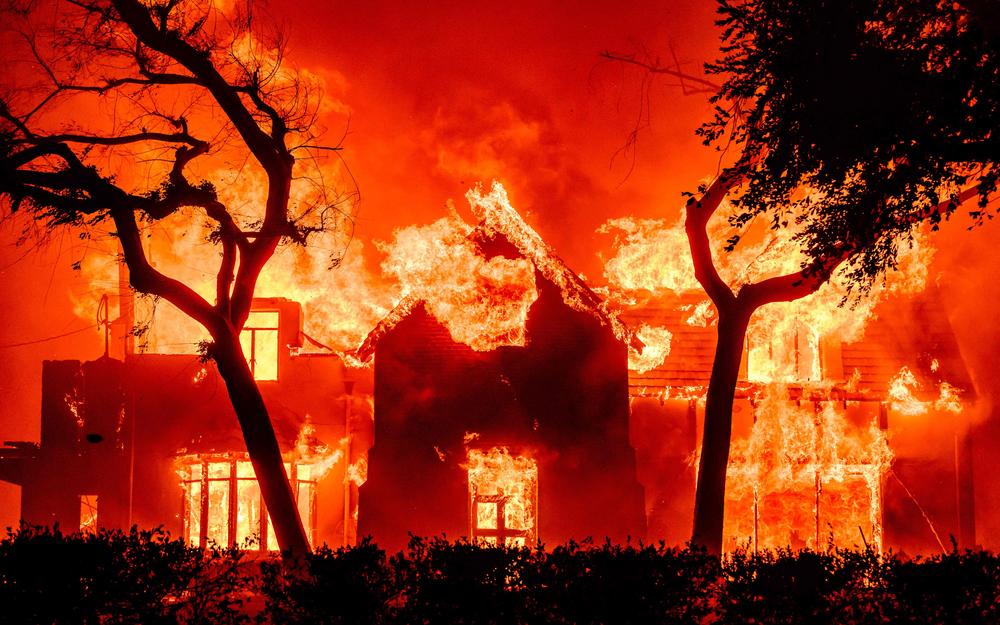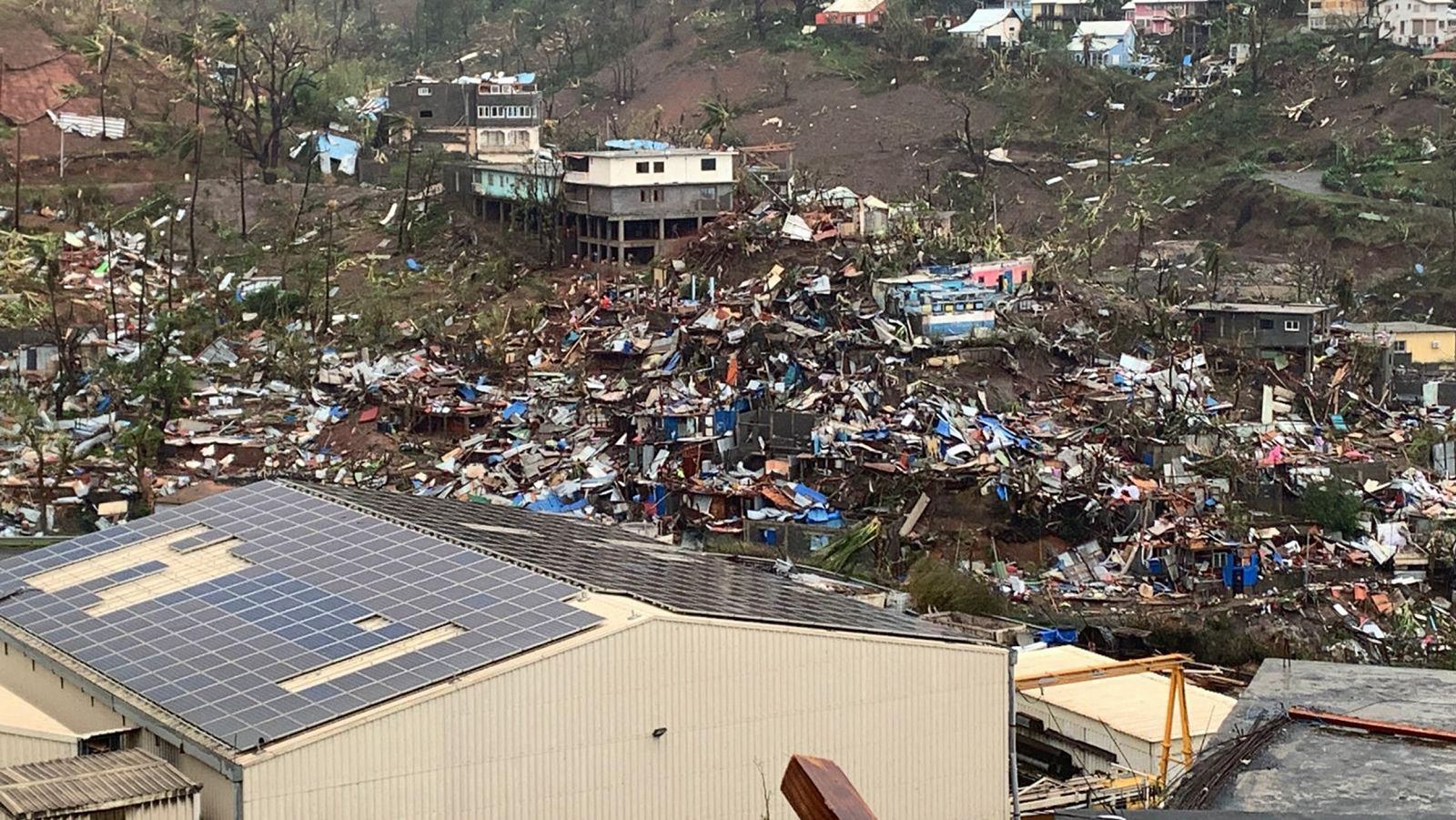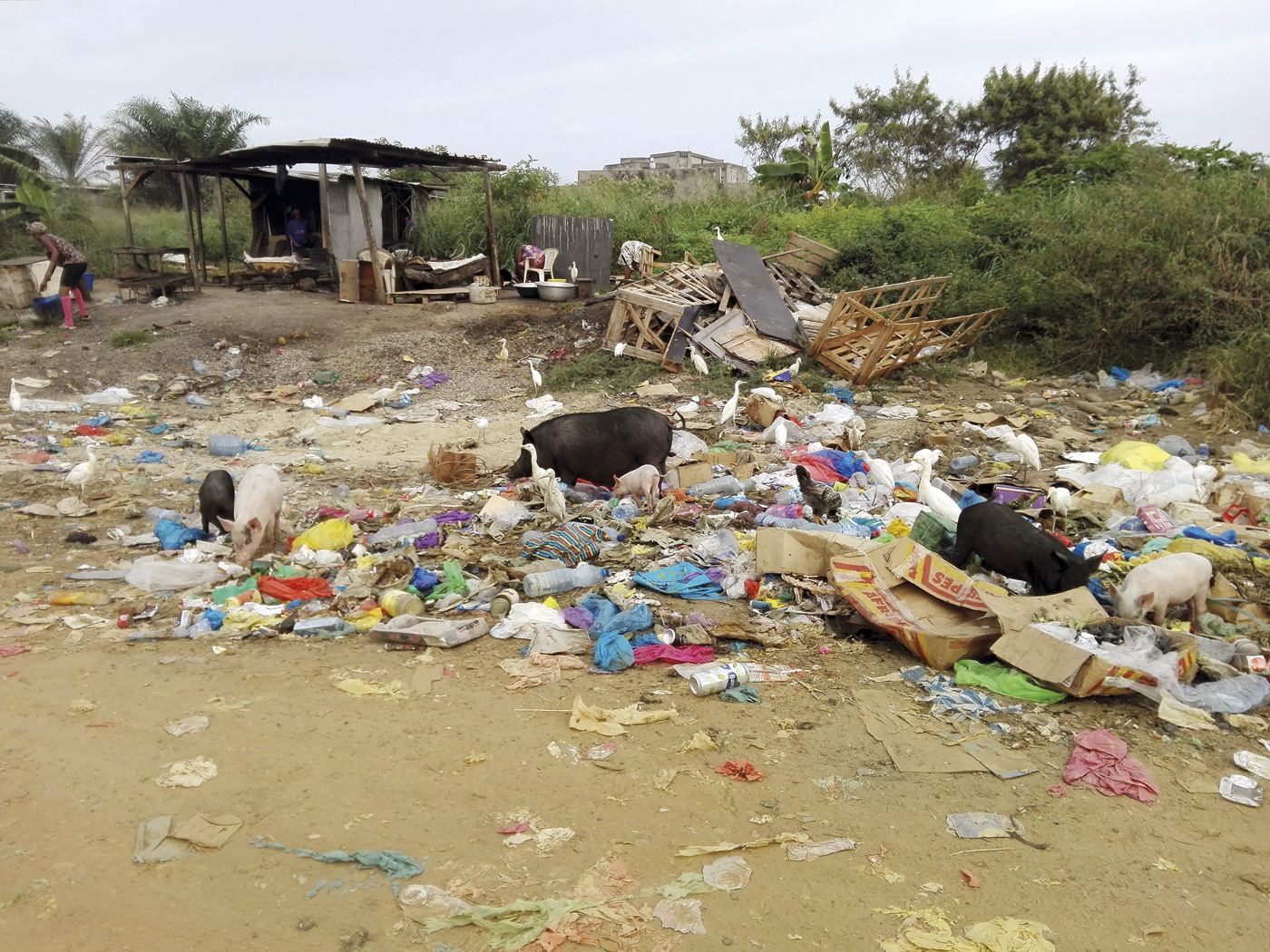"Leave the fuels underground" before it's too late
- The primacy of the London newspaper The Guardian among its strategic lines will give a special echo to the “Keep it in the ground” campaign. To prevent the warming of the climate we suffer from being catastrophic, it promotes the withdrawal of money from oil, gas and coal extraction companies.
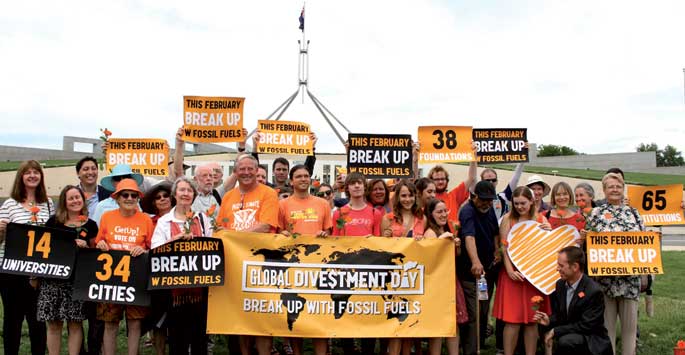
There are fuels worth billions of dollars that we have to leave buried for our good.” This statement by director alan Rusbridger summarizes the “Keep it in the Ground” campaign that The Guardian newspaper has begun to work as a strategic line with a wide variety of paper articles and reports and a rich variety of multimedia on the internet.
“Director Alan Rusbridger calls for fighting and challenges the team: Will you be able to find new ways to report on climate change?’ He explained to you that we are facing the most important event in the world and that we have to bury most of the fossil fuels we already know. Will the readers get involved in this journey in six months?”
One of The Guardian’s first great writings has been the introduction of Naomi Klein’s latest book (“This changes everithing,” This changes everything). In it, Klein, acknowledging that climate change has long given less importance to climate change, puts the reader in the face of historical change: climate warming will change everything, but the decisions that need to be made to prevent it or at least to control something can change everything, creating better ways of doing things in politics, in the economy or in world justice.
The "Keep it in the Ground" campaign is inspired by the movement that ecologist Bill McKibben launched in 2012 350.org in the United States. About 350 pieces of carbon per million – 350 parts per million – were the limits set by NASA scientist James E. Hansen 2007: The presence of more carbon in the Earth's atmosphere makes life impossible to last as we know it today. In 1988 the Earth exceeded 350, today we are around 400.
350.org proposes first of all to extract concrete accounts (“Do the maths”). The key is that fuel companies have in their reserves five times the fuels that the world should have consumir.En consequence, we have to manage to bury 80% of them.
Three simple figures explain why. For starters, 2°C: most governments around the world recognize that climate warming will be dangerous for more than 2 degrees and we've already heated 0.8, causing more serious effects than expected. The Arctic has lost a third of the ice it had in summer, the acidity of the sea has increased by 30%, the effects of floods and droughts are noted.
Second figure: 565 Gigatons. At most, we can consume this amount of carbon fuel without increasing the temperature by more than 2°C. We're sure to heat more than 0.8ºC because of the inertia of what we burn too much. We've traveled three-quarters of the way to reach the two-degree goal.
Thirdly, 2,795 gigatons. This fuel raft is held by the companies and states that have it in reserve. We are consuming 31 gigatons a year, so for 16 years it will burn enough to heat the Earth at 2°C. Here's how men came to the distress.
Our money to non-oil tankers
It's late. Bill McKibbenk has long issued a catastrophistic message by publishing Warning on Warming in 2007. In recent years, global authorities have followed their path and it is now late to curb global warming. Much of the damage is underway, we are seeing it worsening year after year. Now what's at stake is that warming isn't totally catastrophic. That is why he has entered into the campaign.
He has traveled all the cities of the United States to propose to citizens by bus that they take money from the fuel producing companies: “Divestment”. The sale and closing of savings or investments in companies related to the operation of fuels.
American universities have begun to press to curb these investments. Work is also under way with local and municipal authorities, as well as with the church and other associations. “It makes no sense to invest in those companies or pension funds that leave them money, we have to remove the funds from the hands of those who lead the world to disaster. Companies operating on fossil fuels will only move them with money. (...) This is how the apartheid system in South Africa ended, so we hope it will happen in the climate crisis.”
McKibb does not deal with dreams, but with practical objectives: “It has cost me to realize that this struggle will never be decided in the field of justice or reason. We’ve won the debate, but that’s not the most important thing: like most struggles, this is also a power struggle.” And it's come to Europe.
Do you remember booking Yasuni in Ecuador? Now, the proposal to bury fuels is not a demand for environmentalists, indigenous lovers or utopian leftists. The “Keep it in the Ground” campaign will have a big boost in Europe thanks to the appropriation of The Guardian.
But journalism has so far failed to bring to society the climate crisis, according to the director: “Journalism behaves like a rearview mirror. We prefer to talk about what has happened to what lies ahead of us. We prefer special and visible events, above the everyday and the hidden”.
It is true that very special things are happening, but they happen too slowly, or they are too invisible to journalists, to the hasty reader reading the newspaper on the way to work. That's why it's rarely the first news of the Earth's climate crisis. Changes are taking place too quickly for human well-being, but too slowly for journalists and readers.
The director of The Guardian summarizes the campaign: “In the next debate there are two things at stake. One, or governments are able to control the problem, or they're starting to prevent the terrible effects of warming from over 2 degrees Celsius by the end of the century. Two, how can we prevent the coal-, gas and oil-owning corporations and states of the planet from exploiting them. We have to bury them.”
To start with, they've taken the money out of the newspaper and they've started looking for signatures to compel Bill and the Melinda Gates foundation to do the same.
There was no one or all. That we all suffer at least if the necessary changes are not made so that no one suffers the climate emergency. You – reader – I – Jenofá-, they – poor – and they – rich. The fires in Los Angeles did not give me satisfaction, but a sense of... [+]
The understanding and interpretation of the mathematical language is what is important in the learning process, at least it is what we say to our students. The language of mathematics is universal, and in general, the margin of error for interpretation tends to be small. We... [+]












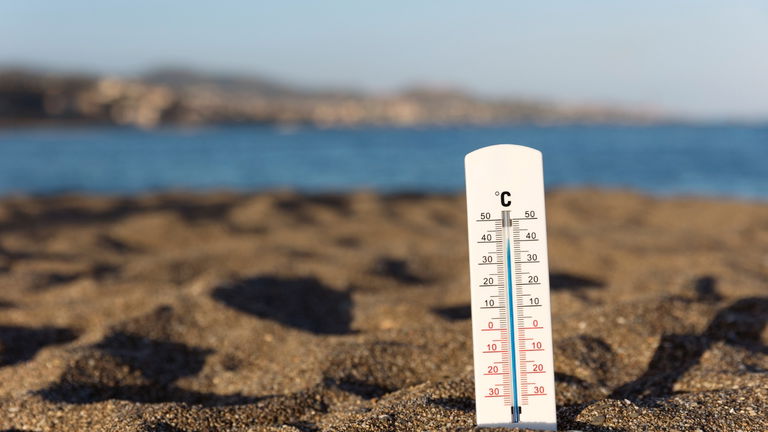
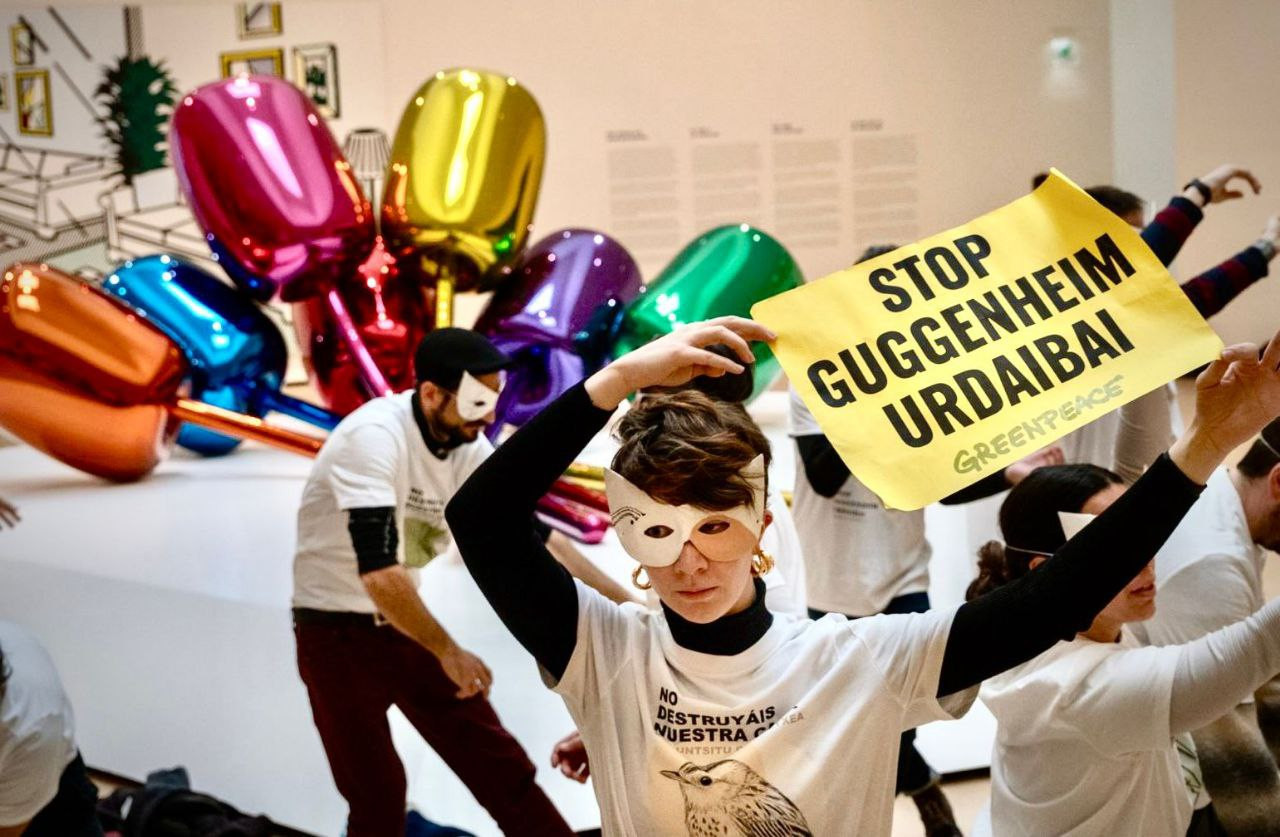

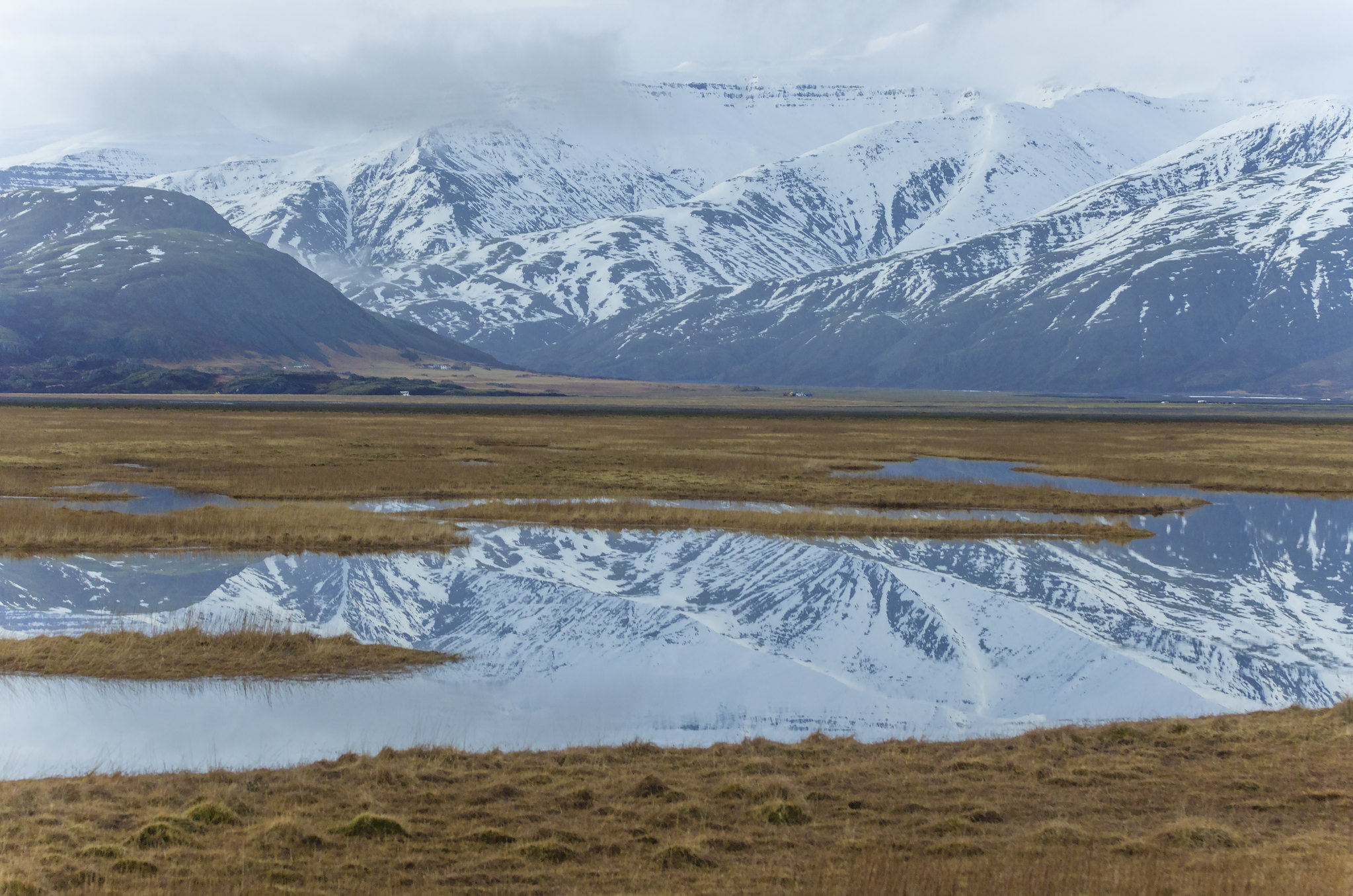
-(1).jpg)
